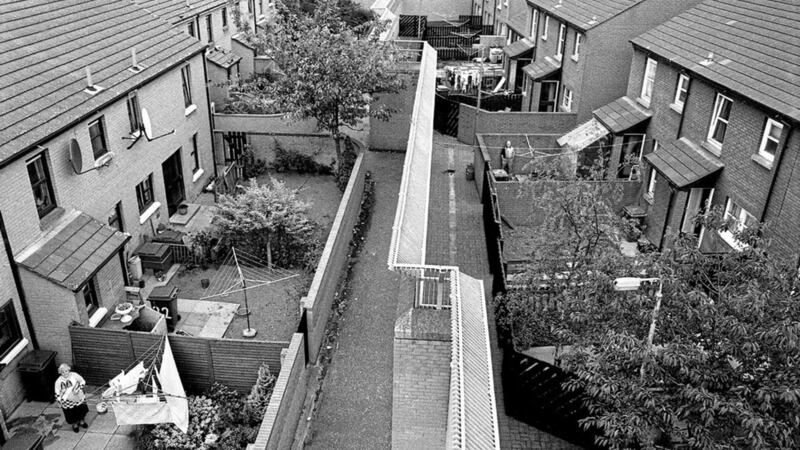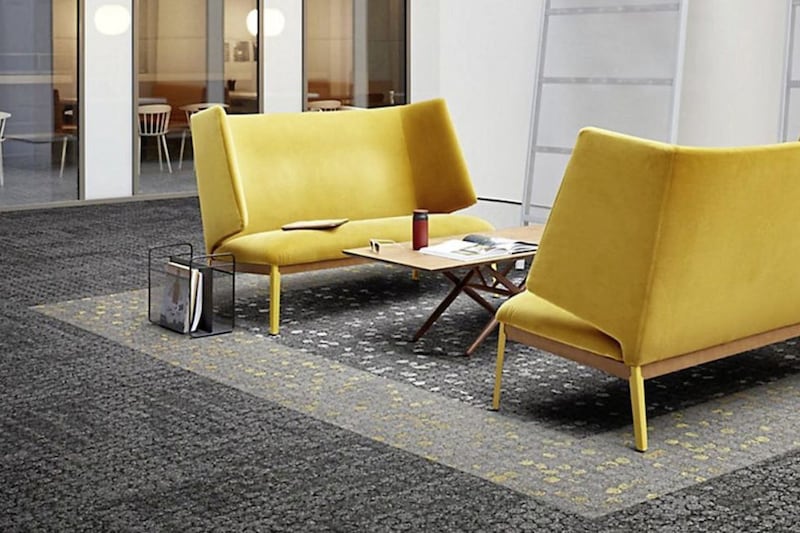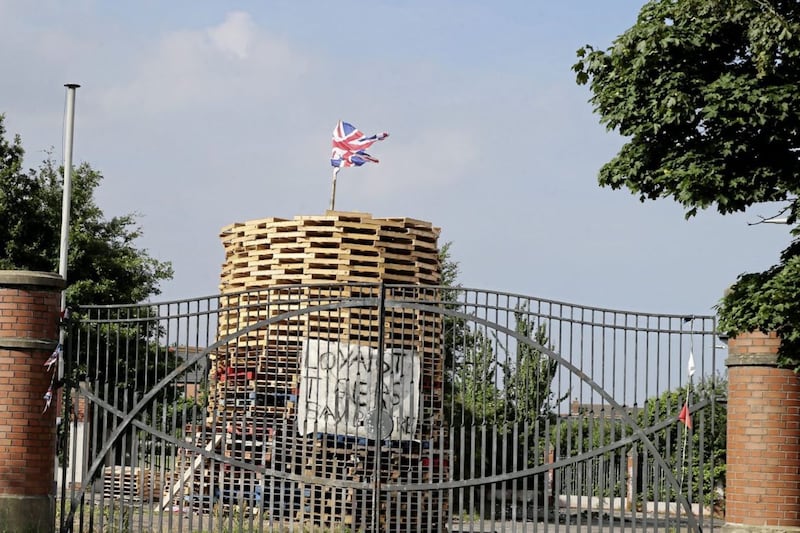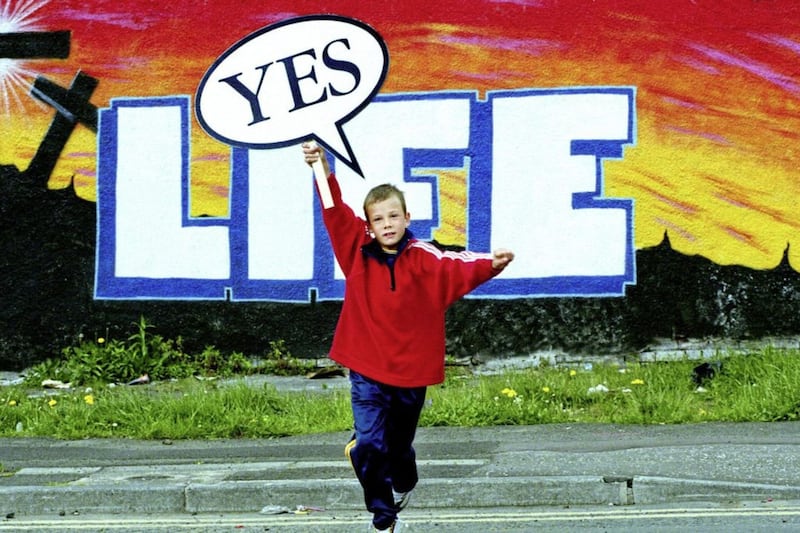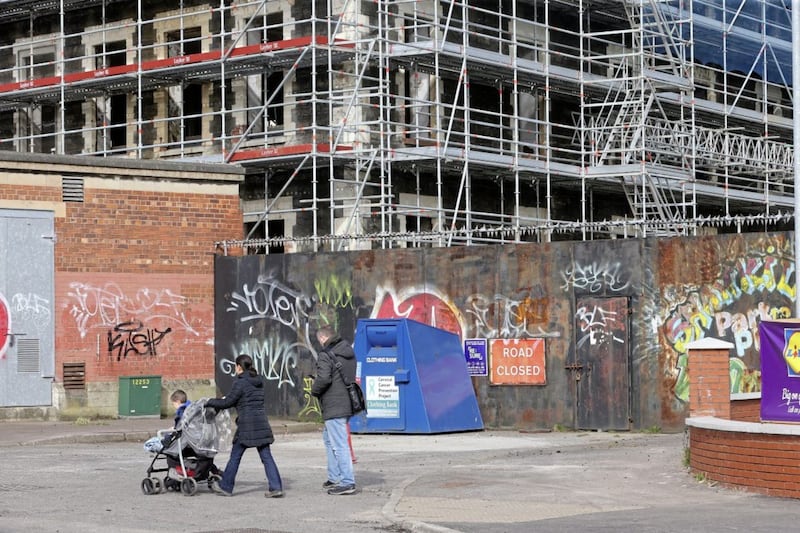RESIDENTS from either side of a Belfast interface have spoken of their memories and hopes for the future in a new project.
The Reflected Lives Project tells the stories of people living along the peace wall at the Short Strand/Lower Newtownards Road interface in east Belfast.
The study, which has been funded by the Heritage Lottery Fund, charts what daily life was like before the outbreak of the Troubles to the current state of relations and examines whether residents believe the peace walls should come down.
A book is due to be published, together with an exhibition and a video featuring some of the people who shared their stories. The interviews are also being archived to enable future access.
Among those who took part was 59-year-old Ella McMahon, who grew up in the Short Strand. She said that prior to the Troubles children from both communities spent long days playing together in the street.
"You were naturally playing. Playing mostly with our own community. But if they, if the Protestant community were knocking about, especially young wee boys, we were always welcome to play with them, there was never a word said or… you know, there was nothing too strong," she said.
Jack Gallagher (78), who grew up in the Lower Newtownards Road, wants the walls to come down, but added: "It has to be the people on either side of it. And not people coming from the suburbs."
Joe O'Donnell, strategic director of Belfast Interface Project, said: "We have sought through these intimate conversations to separate reality, perception and myth and build a personal picture of how Belfast’s segregating 'peace walls' have impacted on three generations."
